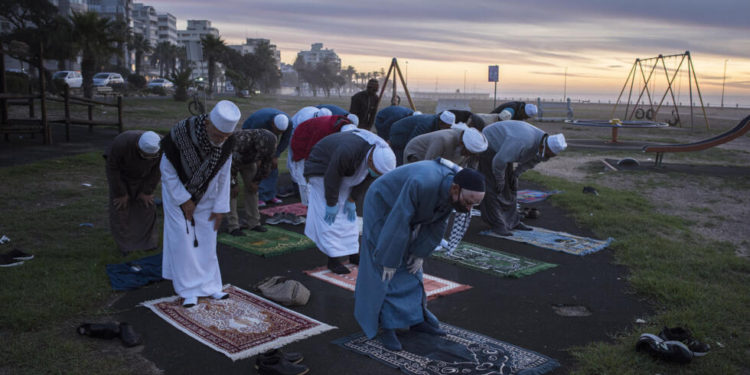Ramadan, a cherished month in the Islamic calendar, is a time of profound spiritual significance for Muslims worldwide. It is a period marked by fasting, prayer, and acts of charity, all aimed at drawing closer to Allah and seeking His mercy and blessings. In this comprehensive exploration, we delve into the essence of Ramadan, its practices, and its significance within the Islamic faith.
Originating from the Arabic word “ramida,” meaning intense heat or dryness, Ramadan embodies a transformative journey for Muslims. As the ninth month of the Islamic lunar calendar, its commencement varies based on either astronomical calculations or moon sightings, heralded by the announcement of a Muslim imam. The fasting period begins at dawn and concludes at sunset, during which Muslims abstain from food, drink, smoking, and intimate relations. This physical abstention serves as a reminder of the importance of self-discipline, empathy for the less fortunate, and gratitude for the bounties bestowed by Allah.
Central to the observance of Ramadan is the concept of spiritual purification. By abstaining from worldly indulgences and focusing on acts of worship, Muslims believe they can cleanse their souls and seek forgiveness for past transgressions. It is believed that good deeds performed during Ramadan carry multiplied rewards, inspiring heightened acts of generosity and kindness within communities.
The Qur’an, Islam’s holy scripture, plays a pivotal role during Ramadan. Muslims are encouraged to engage in increased recitation and reflection upon its verses, with the goal of completing its reading by the end of the month. Special nightly prayers, known as Taraweeh, are also conducted in congregational settings, fostering a sense of unity and devotion among believers.
Beyond the individual level, Ramadan fosters a collective spirit of compassion and solidarity. The daily fast is broken with a communal meal known as Iftar, where families and communities come together to share food and fellowship. This practice exemplifies the importance of community bonds and mutual support in Islam, transcending cultural and geographical boundaries.
Eid al-Fitr, the Festival of Breaking the Fast, marks the culmination of Ramadan festivities. It is a joyous occasion characterized by prayers, feasting, and the exchange of gifts. Eid serves as a celebration of spiritual renewal, gratitude, and the triumph of self-discipline over worldly desires.
While fasting holds significance across various religious traditions, Ramadan distinguishes itself through its emphasis on submission to the will of Allah. Unlike voluntary fasts in other faiths, Ramadan is obligatory for adult Muslims, serving as one of the Five Pillars of Islam. Through acts of self-denial and devotion, believers express their unwavering commitment to Allah and seek His favor and mercy.
It is essential to recognize the diverse interpretations and practices surrounding fasting in different faiths. While Christians may engage in voluntary fasts as expressions of spiritual devotion, the theological underpinnings differ from those of Ramadan. Christianity emphasizes faith as the cornerstone of salvation, with good works flowing from a transformed heart rather than serving as acts of appeasement.
In contrast, Islam views fasting during Ramadan as a means of atonement, purification, and spiritual elevation. Muslims engage in fasting not out of fear or obligation but as a demonstration of their submission to Allah’s commandments and their desire for spiritual growth.
Ultimately, Ramadan serves as a profound journey of self-discovery, spiritual reflection, and communal solidarity for Muslims worldwide. It is a time of introspection, gratitude, and renewal, offering believers an opportunity to deepen their connection with Allah and embody the principles of compassion, generosity, and self-discipline exemplified by the Prophet Muhammad.
As we embrace the spirit of Ramadan, let us reflect on its timeless teachings and strive to cultivate a more compassionate and harmonious world, guided by the principles of faith, love, and unity.







Discussion about this post